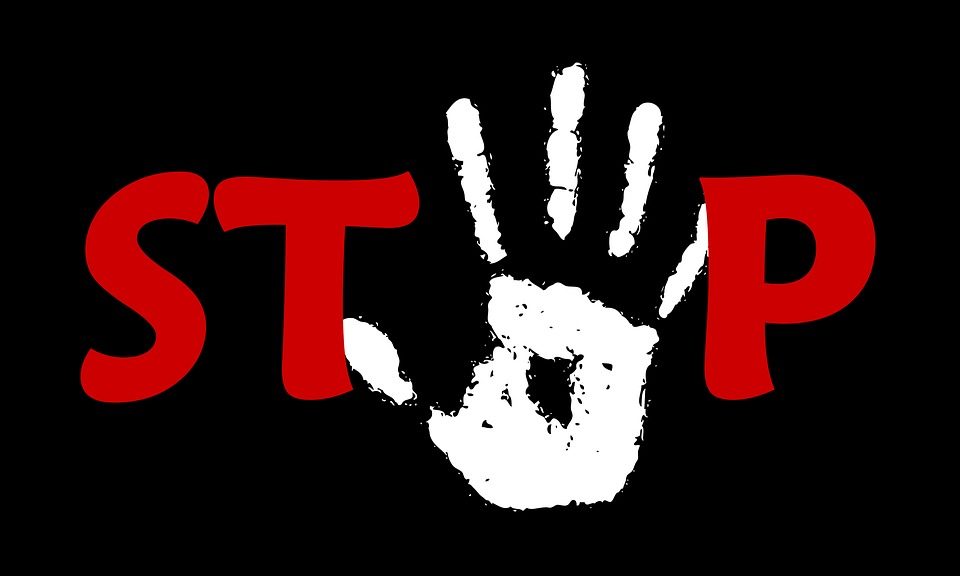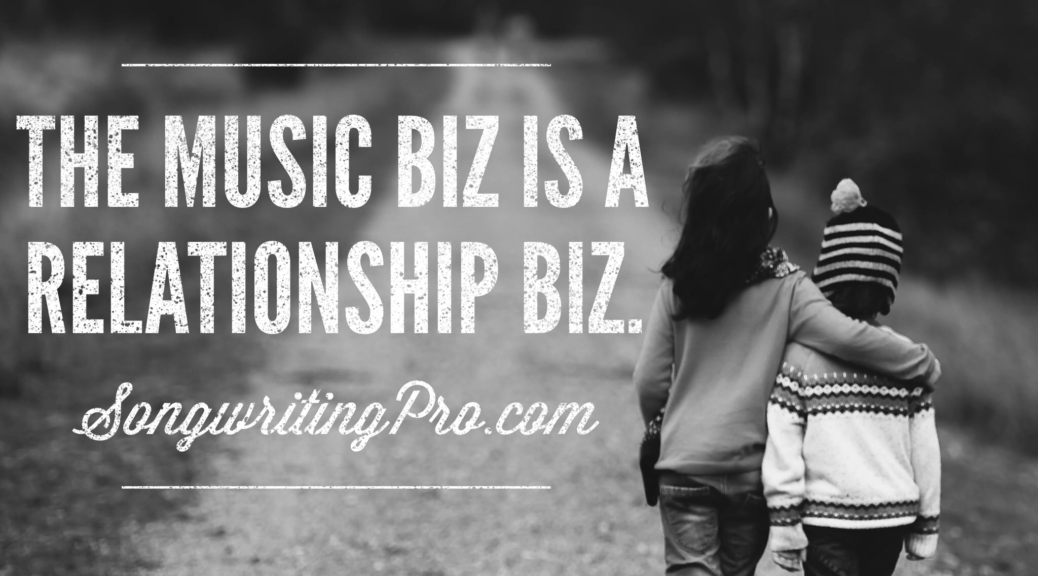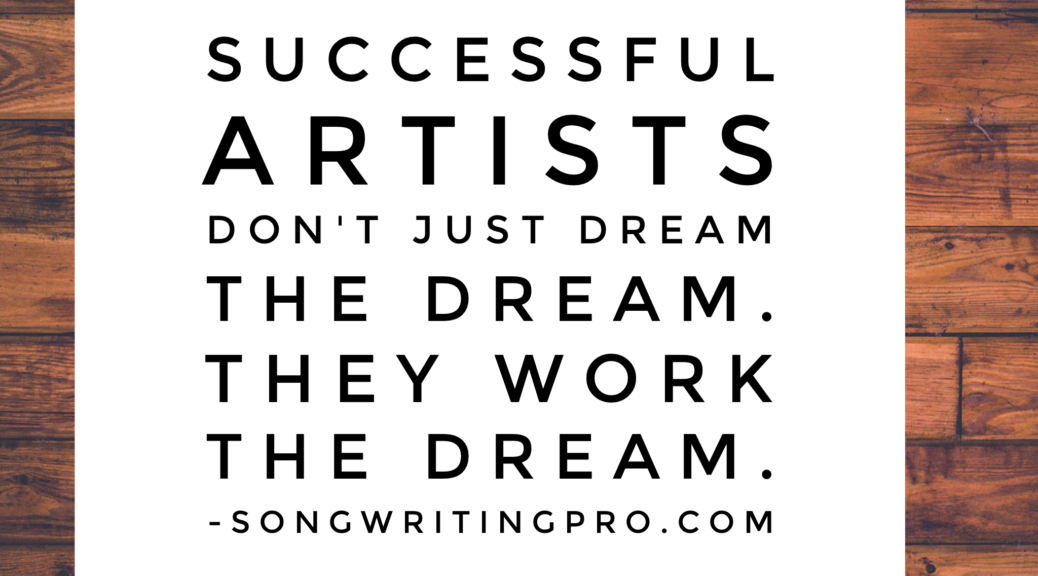It’s hard to quit.
Society says, “never quit.” Maybe you’ve invested so much in whatever it is that you feel it’s too late to quit. Pride doesn’t want you to move on. But sometimes, the only way to win is to quit. Here are 5 things songwriters should quit.
Read on!
________________________________
To BE a pro, you need to THINK like a pro, and this FREE ebook will help transform your thinking, your songwriting, and your success. Get it today!
_________________________________
1. Toxic relationships.
If you have “friends” or cowriters who habitually belittle your dreams or always point out why something won’t work, it might be time to find new friends and cowriters. Yes, we need people that love us enough to be honest with us even when it’s unpleasant. But some people are energy vampires who will only drag you down. Figure out who’s who, and act accordingly.

2. Whining.
Don’t be somebody else’s toxic relationship. A negative attitude not only drives away positive people, it blinds you to opportunity. If you always focus on the closed door, you might miss the open window. Plus, who wants to hang out and write songs with a bitter whiner? The pros know this business is hard enough with a positive attitude- they sure don’t want you infecting them with your bad mojo!

3. Misaligned cowrites.
You want to write hit country songs, but she wants to write niche novelty songs. Or you both want to write hits, but his songs sound like 1952 and he refuses to update his sound, meet with publishers, rewrite, or pitch his songs. Those might be fine “hobby writes,” but you should quit thinking that they’re “hit writes.” Find cowriters who have complimentary goals and skills.
4. Lazy artists.
An aspiring artist may have a great voice and be a good writer, but if they don’t want it badly enough, it doesn’t matter. If they don’t take their career seriously, you can’t take their career seriously, either. This business is too competitive to give less than your best. So what if your cowriter-artist is talented? Hard work beats talent when talent doesn’t work hard.
5. Demoing & pitching mediocre songs.
Mediocre songs will not change your life. But they can make you broke and waste your time if you demo too many of them. Plus, if you make a habit of pitching them, you’ll be known as a mediocre writer. (You don’t always know before writing your song if it’ll be mediocre. That’s fine. But you should know it’s mediocre before you demo it.)

Part of the advantage of quitting is that it makes room in your life for better things. Negative relationships can be replaced with inspiring relationships. Misaligned cowrites can be replaced with properly-aligned cowrites. Lazy artists can be replaced with serious artists. The time and money you spend on mediocre songs can be spent finding, writing, and demoing better songs.
Win by quitting.
Have questions? Need some personalized advice and direction? Let me help.
If you’d like a private consultation, Songwriting Pro provides one-to-one songwriter coaching. Ask your questions and learn directly from writers who have done what you want to do. Here are some folks who can help:

Brent Baxter is a hit songwriter with cuts by Alan Jackson (the top 5 hit “Monday Morning Church”), Lady Antebellum, Randy Travis, Joe Nichols, Lonestar, comedy legend Ray Stevens, guitar legend Steve Cropper, Gord Bamford (the Canadian #1 and CCMA Single of the Year “When Your Lips Are So Close”) and more. He also has cuts in the bluegrass, Southern Gospel and Christian markets.

Hit songwriter Jenn Schott has had songs recorded by artists including Tim McGraw, Rascal Flatts, The Eli Young Band, Jana Kramer, Gloriana, Francesca Battistelli, Jamie Lynn Spears, Billy Ray Cyrus, Pam Tillis, Lonestar, and Restless Heart. Jenn co-wrote Mickey Guyton’s debut single, “Better Than You Left Me,” which was named one of Billboard’s 10 Best Country Songs of 2015. She also penned the title track of Tim McGraw’s Grammy nominated album, “Two Lanes of Freedom.”
You can get all the details and book a session with me or Jenn with a CLICK HERE. Don’t wait. Together, we can move you in the direction of your dreams!
God Bless and Keep On C.L.I.M.B.ing,
Brent
Brent Baxter is a hit songwriter with cuts by Alan Jackson, Randy Travis, Lady Antebellum, Joe Nichols, Gord Bamford, Ruthie Collins, Ray Stevens, and more. He’s written a top 5 hit in the US and a #1 in Canada… so far.




















